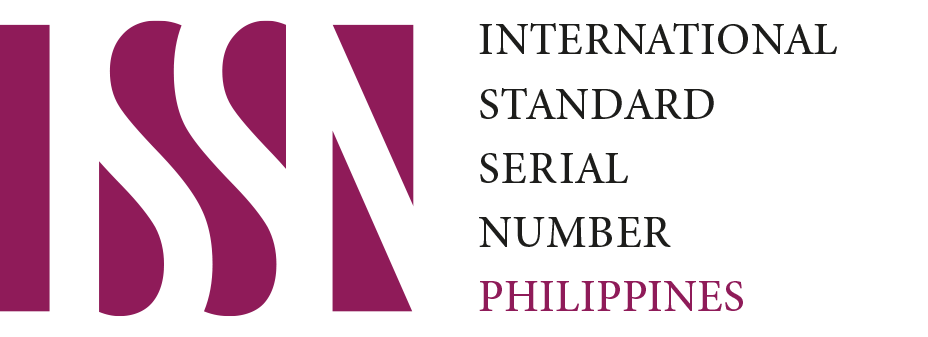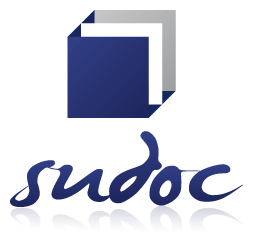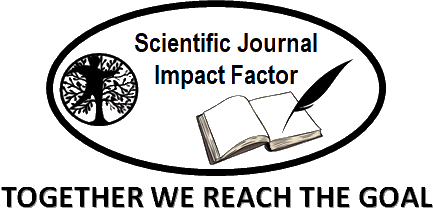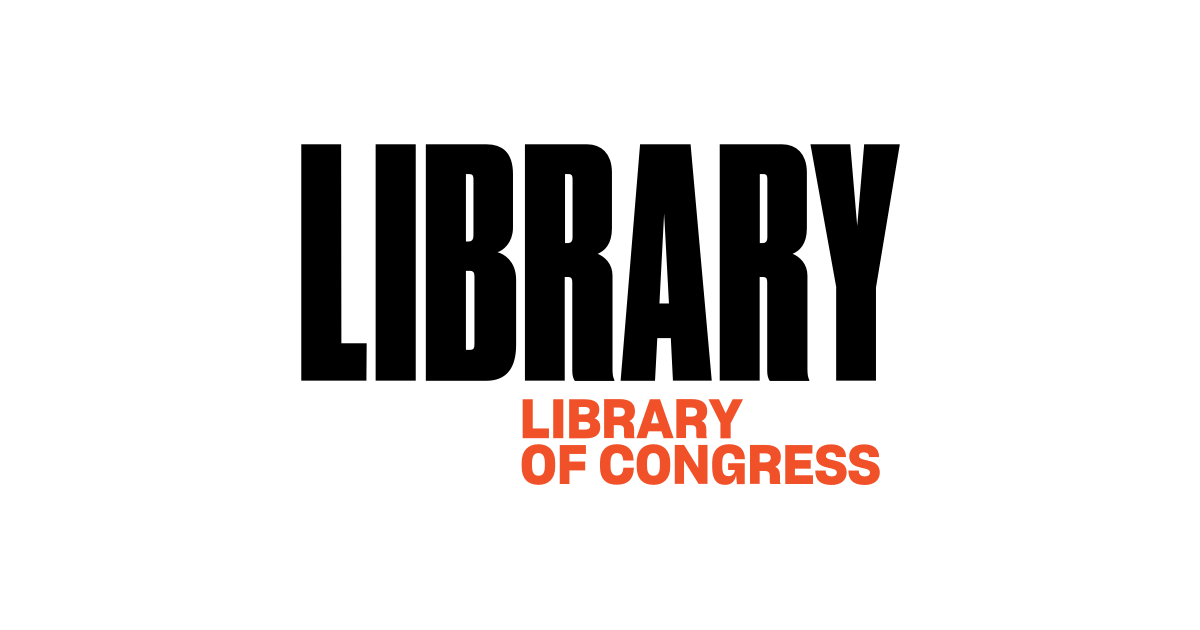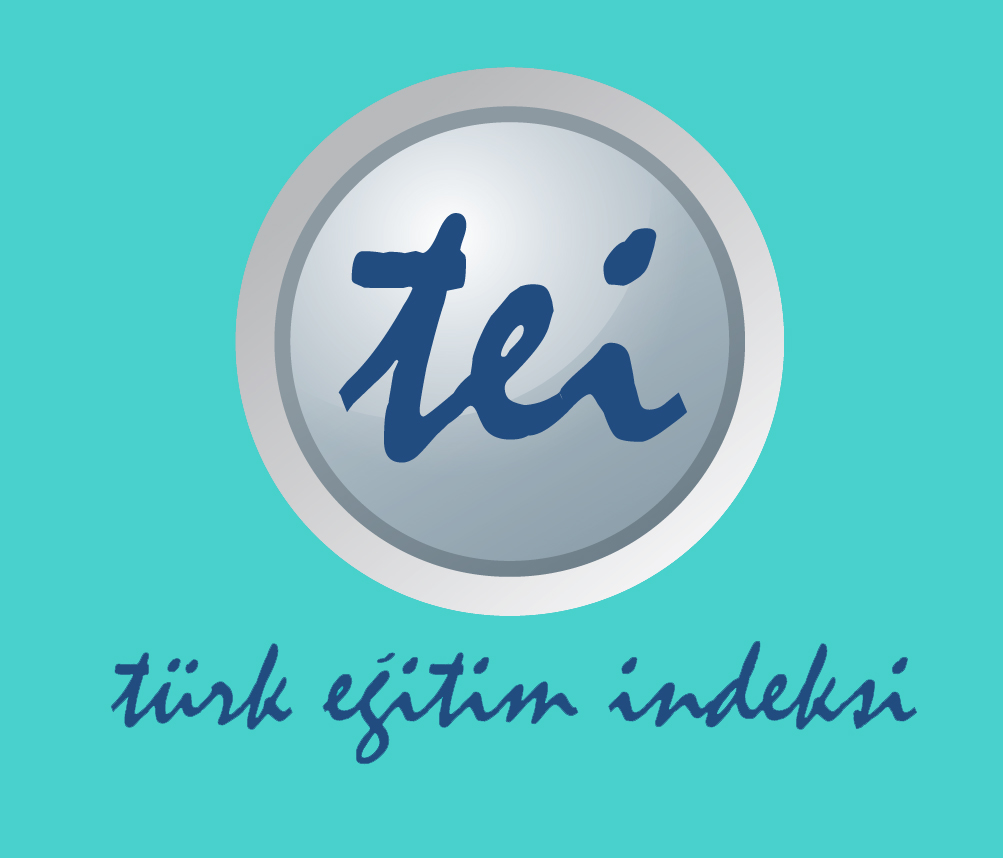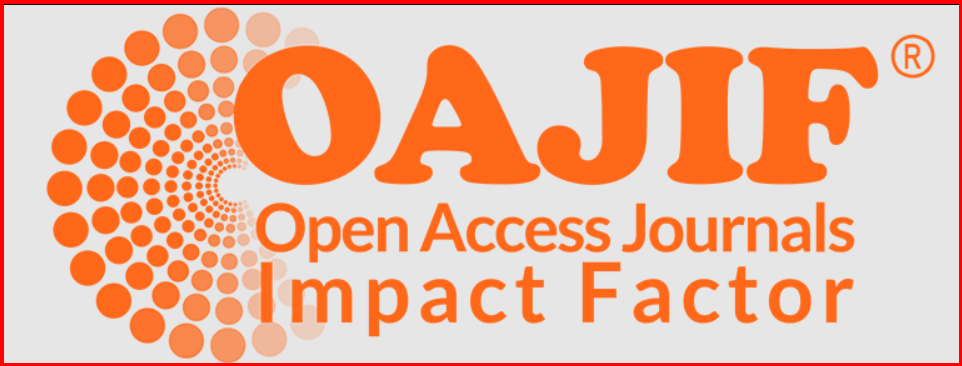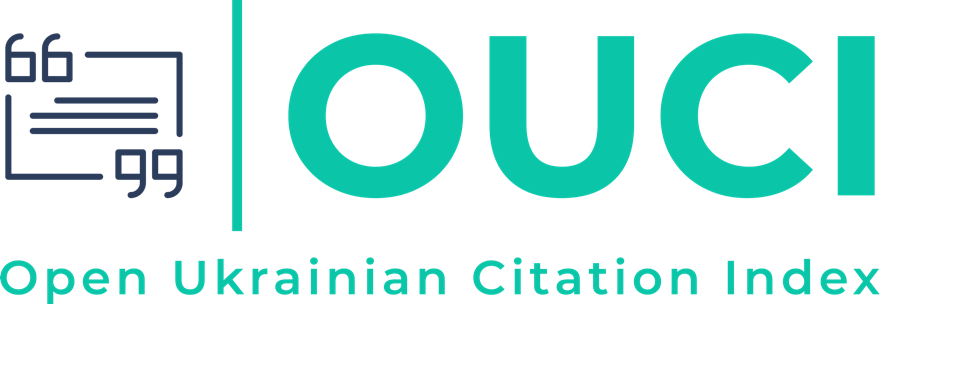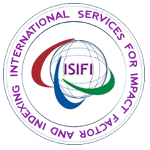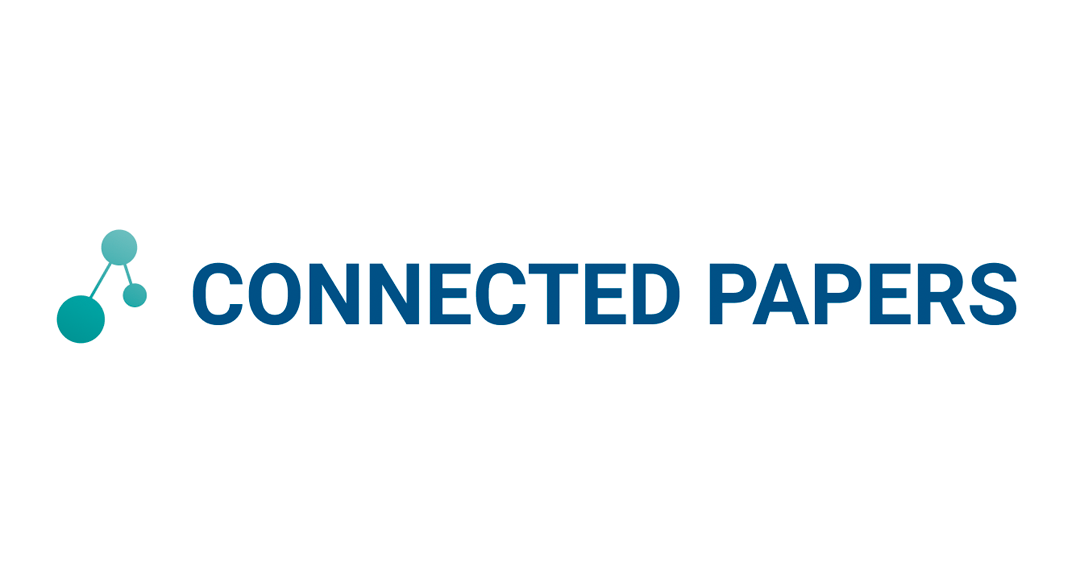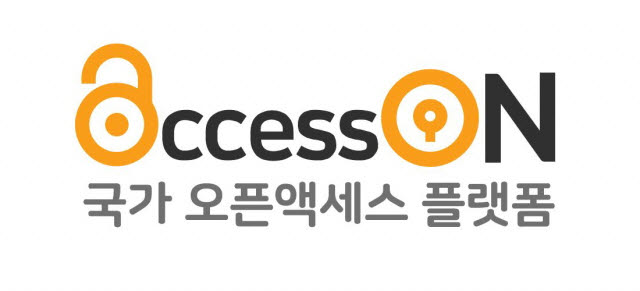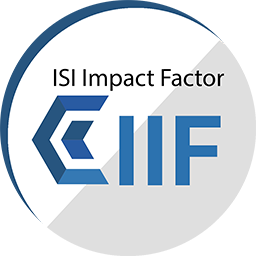Queen Arwa University Journal: A peer-reviewed scientific journal that publishes scientific work by researchers in both Arabic and English across various scientific fields. The first issue was published in 2005. The journal is published biannually by Queen Arwa University, specifically in the months of July and December each academic year.
- Original title: مجلة جامعة الملكة أروى
- Title in English: Queen Arwa University Journal
- Abbreviation (ABBR): QAUSRJ
- ISSN (Print): 2226-5759
- ISSN (Online): 2959-3050
- DOI / CrossRef DOI: 10.58963/qausrj
- Publisher: Queen Arwa University
- Editor-in-Chief: Prof. Wahiba Ghaleb Farea Al-Faqih
- Frequency: Biannual
- Address: Queen Arwa University, Faj Attan, Sixty Street, Sana'a, Yemen
- Email: editor@qau.edu.ye
- Phone: +967770445995
- Website: https://journal.qau.edu.ye/index.php/srj
- Country of publication: Yemen
- Language: Multilingual (Arabic, English)
- Disciplines/Subjects/Topics: Multidisciplinary
- Publication fees: 200 USD
- Peer review: Double-blind peer review
- License: CC BY Creative Commons CC BY 4.0
- Content type: Online, Printed book
- Access method: Open access
- Article formats: Print, PDF, HTML
- Frequency: (2)
- First issue year: 2005
- Free full text: Yes
- Manuscript types: Articles, Original research, Communications



